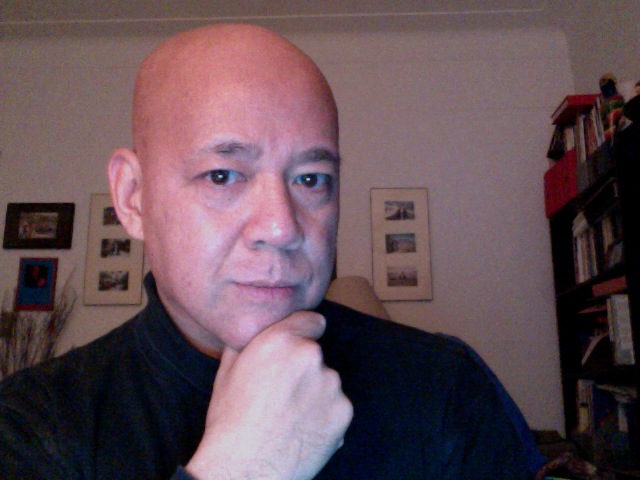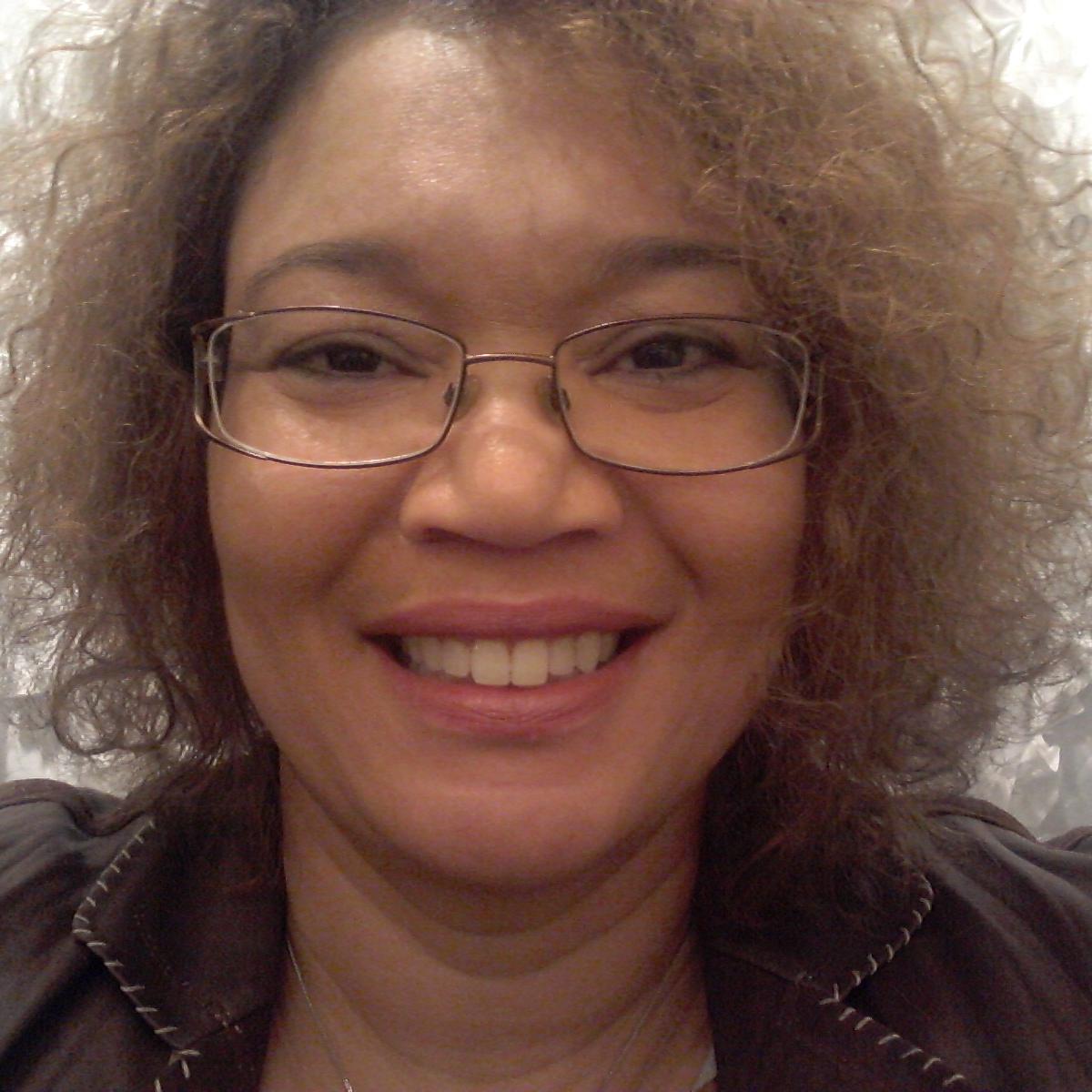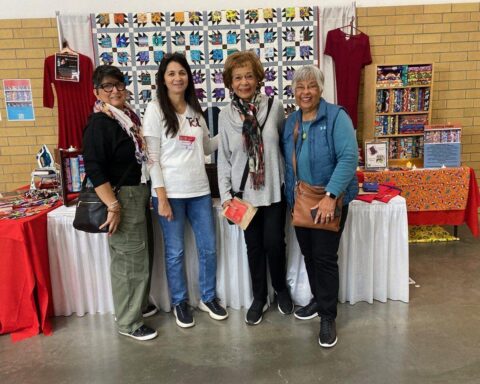
Q: I am new to Canada and have been to a number of job interviews, where hiring managers often begin our conversation by asking me where I’m from, about spending time at the cottage, or bringing up the latest standings in the NHL (National Hockey League). I am fully qualified for these jobs, but suspect I have not gotten a job because I am not very good at what a lot of people refer to as “small talk.” How should I handle these questions/situations?
Advice for the Employee – by Fo Niemi
 Often these questions are loaded with cultural references that are specific to people of a certain ethnocultural background and social class. There can also be subtle or explicit gender bias (in that a female job applicant is expected to respond well to activities or references that are more male-oriented) or religious bias.
Often these questions are loaded with cultural references that are specific to people of a certain ethnocultural background and social class. There can also be subtle or explicit gender bias (in that a female job applicant is expected to respond well to activities or references that are more male-oriented) or religious bias.
Questions related to personal backgrounds could become illegal
Questions related to personal backgrounds could become illegal and prohibited by human rights laws, such as place of birth, ethnic background, age, family or civil status (for instance, if one is married or has children) or religion. Most employers are aware of the law and will not ask these; some, however, still ask these kinds of questions. If you are asked, you may have to use your judgment to decide whether you should answer them, or whether you may choose to diplomatically avoid giving clear answers and tell the interviewer that the questions are a bit personal that you’d welcome the opportunity to share more about yourself once you’re hired and can “join the team.” Do not immediately object or react negatively to these questions, as you will not go past the gates of hiring.
However, questions that are more subtle such as those mentioned above can be quite delicate. You should be honest and indicate that you do not necessarily share these specific activities (“I don’t really follow hockey”) but that you are involved in similar activities (“but I’m a big fan of soccer”). Often small talk seeks to allow hiring manager to get to know a candidate beyond his or her professional skills and experiences, and in most situations, diplomatic, sincere and authentic answers help project a candidate’s positive qualities.
Fo Niemi is the co-founder and executive director of the Center for Research-Action on Race Relations (CRARR).
Advice for the Employer – by Tana Turner
 Many people like to chat informally with a job candidate before the interview to help the candidate relax. This is acceptable and is good practice provided the discussion does not relate to a human rights protected ground and is not considered in the assessment of the candidate.
Many people like to chat informally with a job candidate before the interview to help the candidate relax. This is acceptable and is good practice provided the discussion does not relate to a human rights protected ground and is not considered in the assessment of the candidate.
Unfortunately, this informal chat is often considered in the assessment of the candidate’s “fit” for the job. This is particularly problematic when the questions relate to a human rights protected ground such as where the candidate was born, a disability, whether they have children, etc. These questions can lead to a human rights complaint if the job candidate does not get the job, as it can be difficult to prove that this information was not taken into account in the hiring decision.
Studies show that many managers do not make their hiring decision based solely on merit. One study reported in the Toronto Star, Old (white) boys club alive and well in law, finance: U.S. study, found that “bankers, lawyers and management consultants would rather hire someone who is like them than someone who is best qualified for the job.” While they are looking for people who have the baseline skills for the job, they want to hire someone who they will bond with and who will be their friend. As a result, the best qualified person isn’t always hired. Unfortunately, when hiring decisions are not based solely on merit, various groups are put at a disadvantage, including immigrants, racial minorities, Aboriginal peoples, persons with disabilities, and, in some professions, women.
Bankers, lawyers and management consultants would rather hire someone who is like them than someone who is best qualified for the job.
If organizations want to hire the best person for the job, they need to engage in bias-free hiring, which means making hiring decisions based solely on the candidate’s skills and abilities to do the job. This means ensuring that interview questions are job-related and that the pre-interview discussion does not put newcomers at a disadvantage.
Not only does this help avoid human rights violations, but it also helps ensure that the organization doesn’t lose out on great employees who bring new perspectives and a great deal of talent and skills to the job.
Tana Turner is Principal of Turner Consulting Group Inc., an equity, diversity and inclusion consultancy firm in Toronto.
The Big Picture – by Hamlin Grange
 According to the World Health Organization, most of the world’s population spends about one-third of their adult life in the workplace. In fact, the average person will spend 90,000 hours at work in their life time; that’s 3,750 days of interacting with strangers who may become colleagues or eventually even close friends.
According to the World Health Organization, most of the world’s population spends about one-third of their adult life in the workplace. In fact, the average person will spend 90,000 hours at work in their life time; that’s 3,750 days of interacting with strangers who may become colleagues or eventually even close friends.
Workplaces offer tremendous opportunities for personal and professional growth but they are also places filled with landmines that can explode and harm both employees and employers. Those workplace landmines can be triggered by what may appear to one person as a “harmless” joke or comment but for another person that comment can be uncomfortable or highly offensive.
What may appear to one person as a “harmless” joke or comment could for another person be uncomfortable or highly offensive.
In an increasingly global marketplace, organizations and individuals must develop their ability to navigate cultural differences. This means – for both applicants and hiring managers – being able to shift cultural perspectives and change behaviours appropriately when confronted with cultural differences.
“Making small talk” may appear to be the most welcoming and inclusive signal that they can send to a job applicant during an interview. But if the goal is to learn more about a prospective employee and how they would fit into a workplace, other interview tools have been shown to be more effective, among them, getting the candidate to describe how they have handled certain situations in which they’ve had to apply key skills mentioned on their resume or competencies required for the job.
It is no longer good enough for organizational leaders or managers to think that having a diverse workforce is the final outcome; it is just the beginning. The ultimate goal should always be making diversity in the workplace work for everyone – the organization as well as the workers.
Hamlin Grange is President of DiversiPro Inc. He is a diversity, inclusion and intercultural development trainer and consultant.

Hamlin Grange is the principal consultant with DiversiPro as well as a diversity and inclusion strategist.





